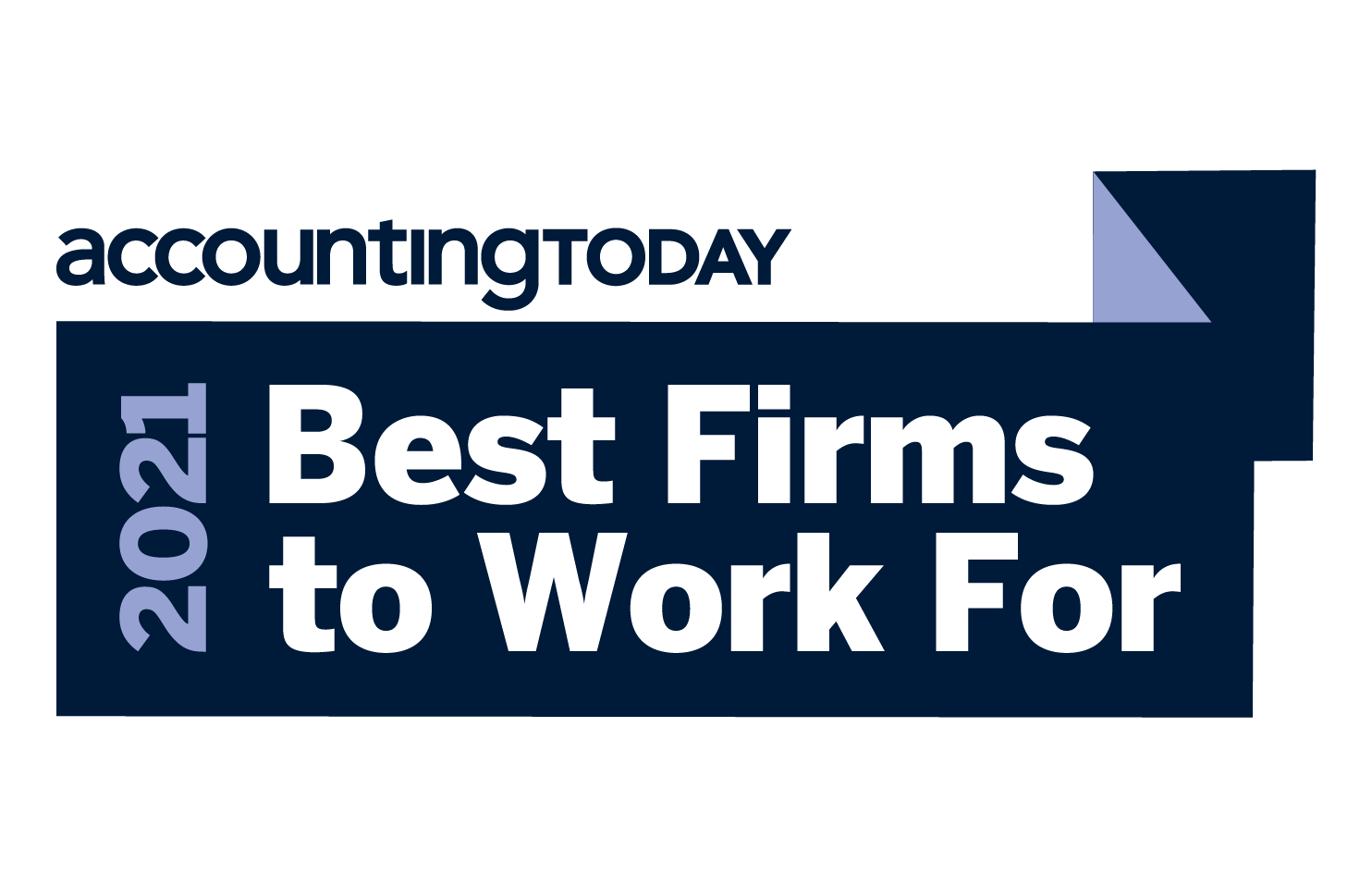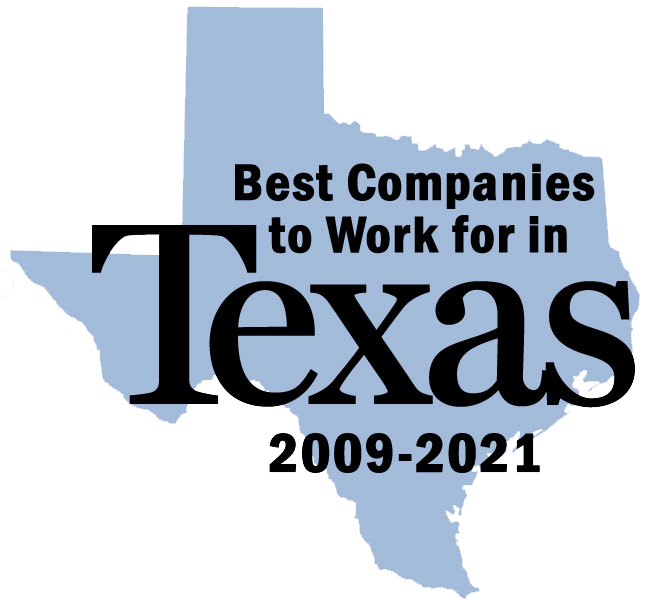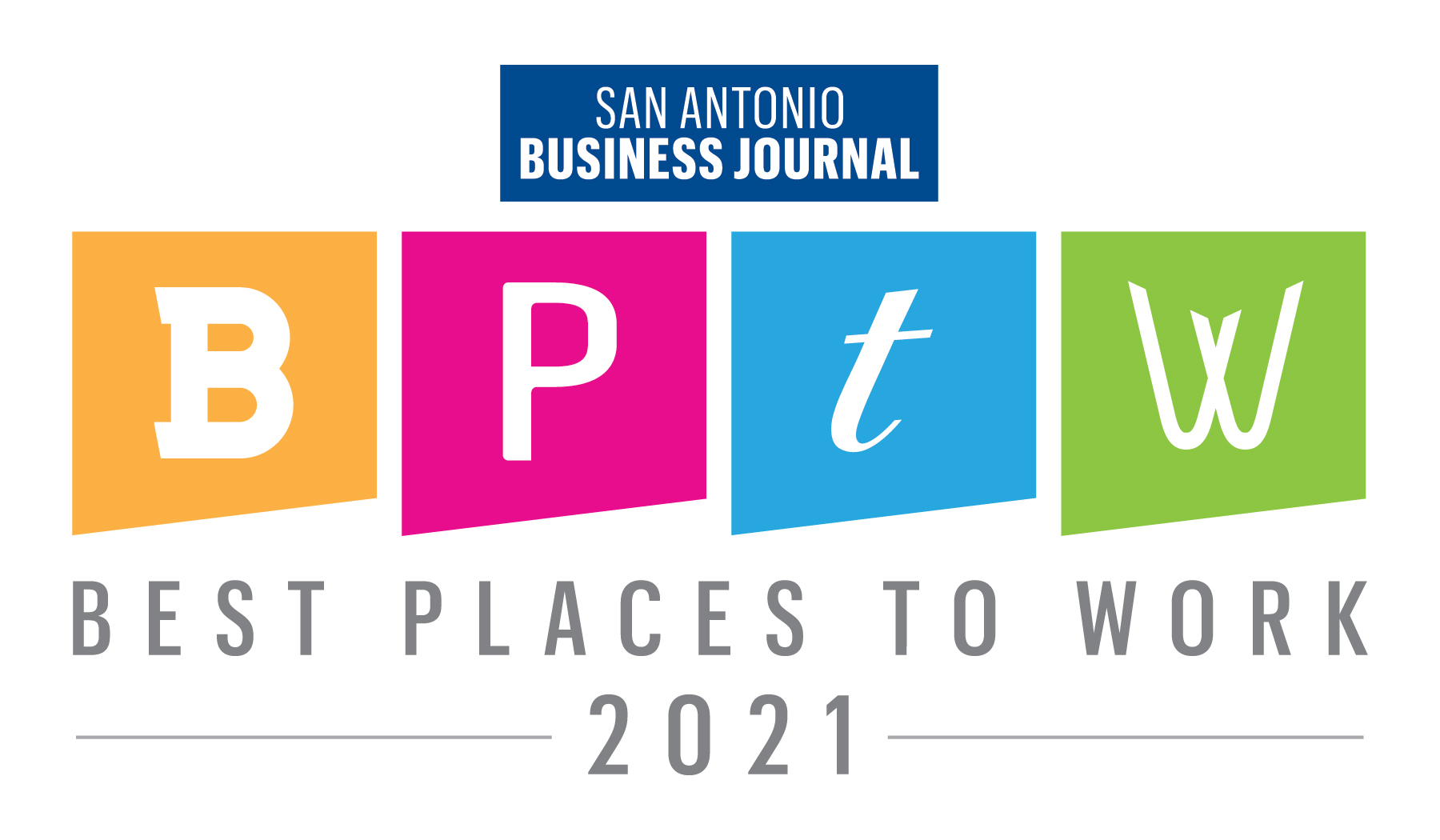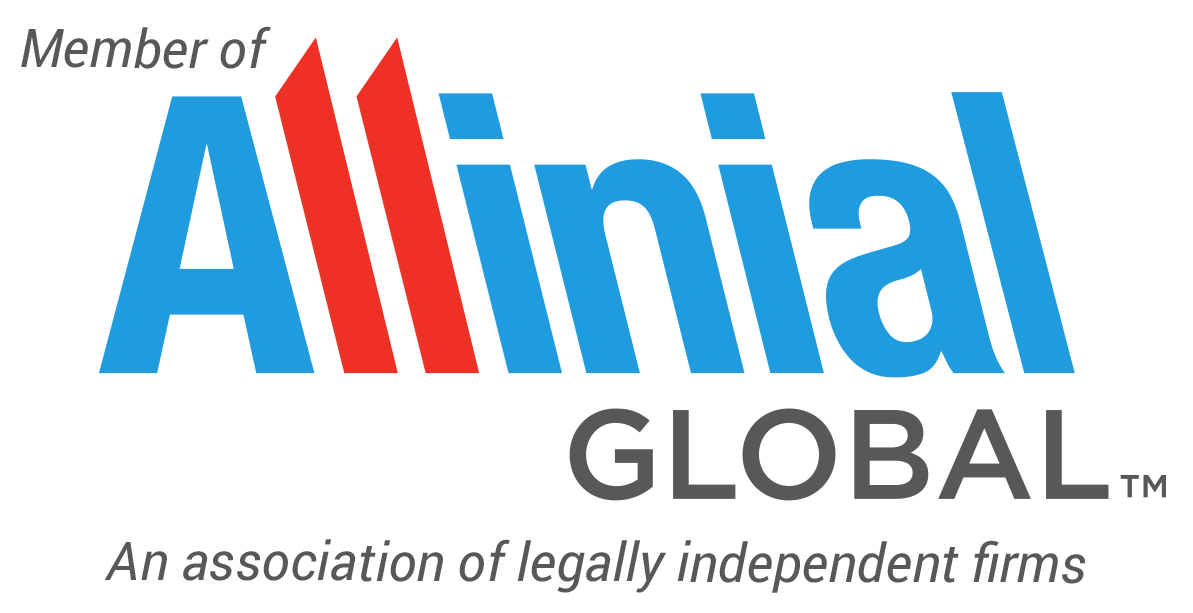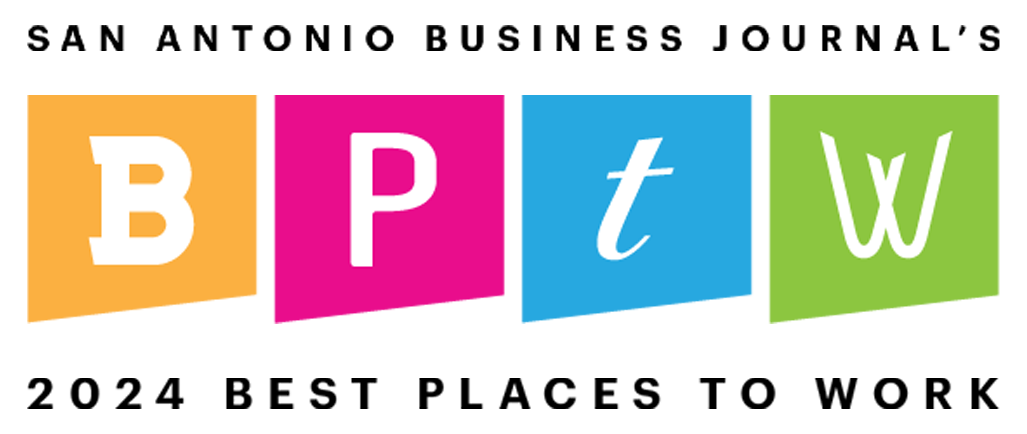Updated accounting rules for long-term leases (leases with a one-year term or longer) took effect in 2019 for public companies. The updated guidance requires organizations to report — for the first time — the full magnitude of their long-term lease obligations on the balance sheet. After several deferrals by the Financial Accounting Standards Board (FASB), private companies and private not-for-profit entities must follow suit, starting in the fiscal year 2022.
Delays in Implementation
In 2019, the FASB deferred Accounting Standards Update (ASU) No. 2016-02, Leases (Topic 842), to 2021 for private entities. Then, in 2020, the FASB granted another extension to the effective date of the updated leases standard for private firms because of disruptions to normal business operations during the COVID-19 pandemic. Currently, the changes for private entities will apply to annual reporting periods beginning after December 15, 2021, and to interim periods within fiscal years beginning after December 15, 2022. Most private organizations welcomed these deferrals since implementing the requisite changes to company accounting practices and systems can be time-consuming and costly. The time and costs vary depending on company size and the nature and volume of its leasing arrangements.

Lease Standard Changes
The old accounting rules required private companies to record lease obligations on their balance sheets only if the arrangements were considered financing transactions. As such, very few arrangements were recorded since many lease agreements resembled simple rentals for financial reporting purposes. These arrangements were previously only required to be disclosed in financial statement footnotes and not included in assets or liabilities. If an obligation isn’t recorded on a balance sheet, it makes a business look like it is less leveraged than it really is.
The updated guidance calls for major changes to current accounting practices for leases with terms of a year or longer. In a nutshell, ASU 2016-02 requires lessees to recognize on their balance sheets the assets and liabilities associated with all long-term rentals of machines, equipment, vehicles, and real estate. The new lease standard also requires additional disclosures about the amount, timing, and uncertainty of cash flows related to leases. Most existing arrangements that currently are reported as leases will continue to be reported as leases under the updated guidance. But the new definition is expected to encompass many more types of arrangements that were not previously reported as leases under previous practice. For example, companies will have lease agreements that were previously recorded as equipment rental on the profit and loss (P&L) statement. However, under the new standard, the lease will be reflected on the balance sheet as equipment (asset) and an obligation (liability). With the passage of time and use of the equipment, the net value of the asset will decrease, and amortization expense will flow through the P&L.
What does this mean to you?
Using the example above, the new standard requires reporting additional liabilities when the old standard did not. Have you considered how this may affect your financial covenants? Is your bank aware of the new presentation? Have you spoken with your banker about making the necessary changes to your loan documents? These are important questions that should be resolved sooner rather than later.
Where ATKG Can Help
Many public companies found that the implementation process took significantly more time and effort than they initially expected. Some of the lease arrangements are not readily apparent, for example, if they’re embedded in service contracts or contracts with third-party manufacturers. ATKG’s Assurance team can help companies identify which contracts should be reported as lease obligations under the new rules. We can also sit with clients, bankers, and other related third parties to discuss how the changes affect financial statements, debt covenants, and other contractual agreements. Contact us today to help you implement the updated long-term lease guidance to your company’s accounting practice.
Ruth Olivares is a Manager at ATKG, bringing 15 years of expertise in financial statements, assurance services, and litigation support. With prior experience in the Big Four and at a local firm, Ruth has a wealth of knowledge in real estate, construction, oil and gas, retail, and nonprofit industries. She earned her undergraduate and master’s degrees in accounting from Trinity University, graduating Cum Laude. In 2021, she received the “TXCPA Rising Star Award” from the Texas Society of CPAs. Ruth currently serves as a Director on the San Antonio CPA Society Board of Directors.
If you need assistance with understanding the new lease standard, Ruth can be reached at rolivares@atkgcpa.com or 210.733.6611
Thomson Reuters resources were utilized in the development of this article.
